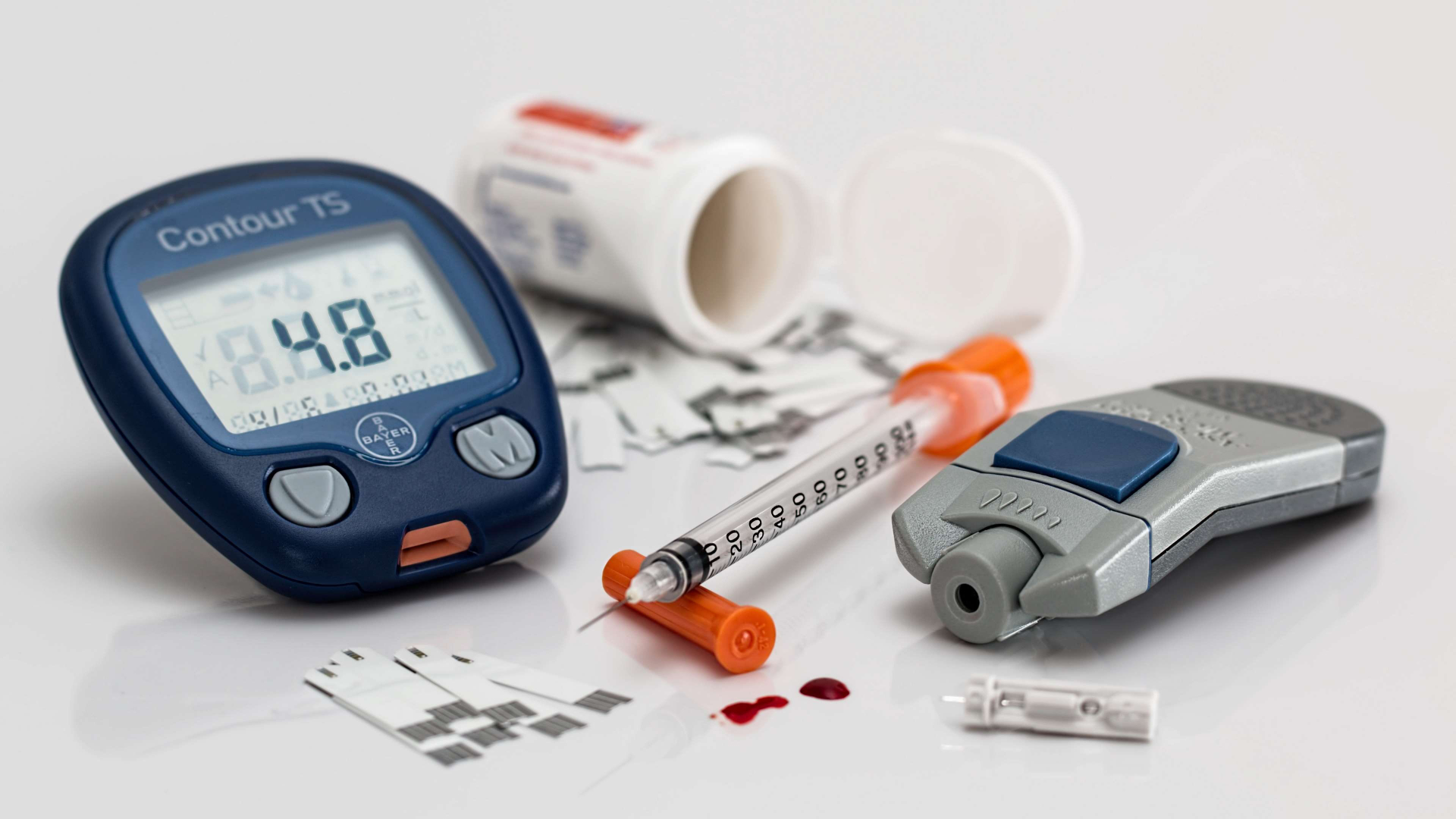The U.S. Food and Drug Administration removed the requirement to monitor liver function in patients taking statins, stating that liver injury from statins is rare. Statins are used to block cholesterol production in the body, and to help the body re-absorb cholesterol that may be clogging arteries. The drugs will continue to carry a warning that they can cause an increase in blood sugar levels, posing a risk of developing type 2 diabetes. Despite studies linking statins to type 2 diabetes, “this small increased risk of higher blood-sugar levels needs to be taken in the context of the very strong evidence of beneficial things that are provided by statins,” say Scripps Clinic’s Matthew Price. “This doesn’t affect my prescribing of statins where it’s clinically indicated, though I will make sure I closely follow patients at risk for diabetes.” Although statins may put patients with elevated blood sugar levels in the diabetic range, many doctors feel “the diabetes risk does not outweigh the benefits of statins,” says the Cleveland Clinic’s Steven Nissen. “For the vast majority of patients, the benefits greatly outweigh the risks.” However, to ensure patient safety, doctors should analyze the genetic makeup of patients who may be more vulnerable to developing diabetes before prescribing statins. “With tens of millions of people taking statins, that’s a significant number of people,” says Scripps Translational Science Institute director Eric Topol. “That’s why we need to know the genomics. Then we could use the drug for its benefits and not worry about inducing diabetes.”
Cholesterol Drugs Have “Small” Increased T2 Diabetes Risk, U.S. FDA Says





